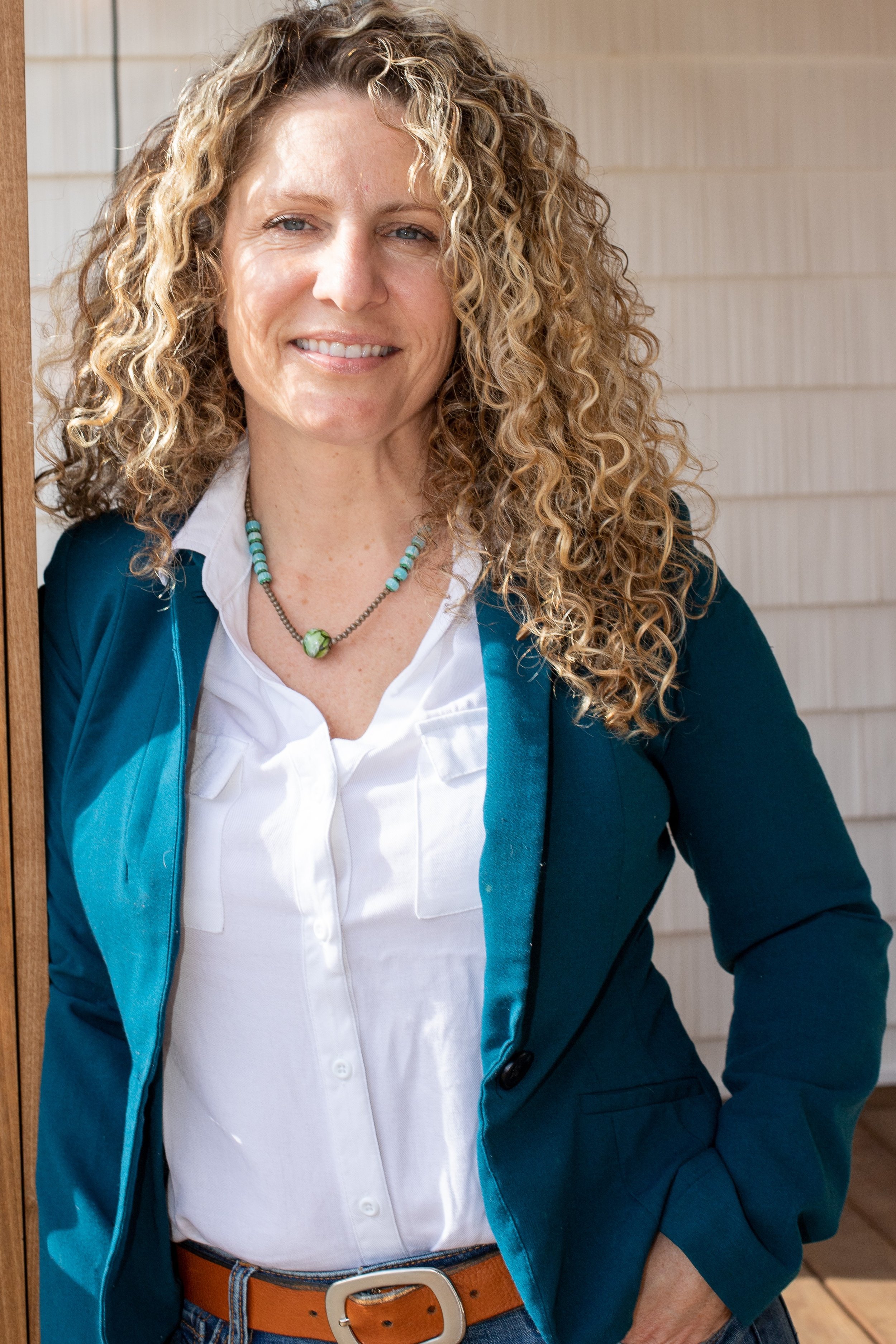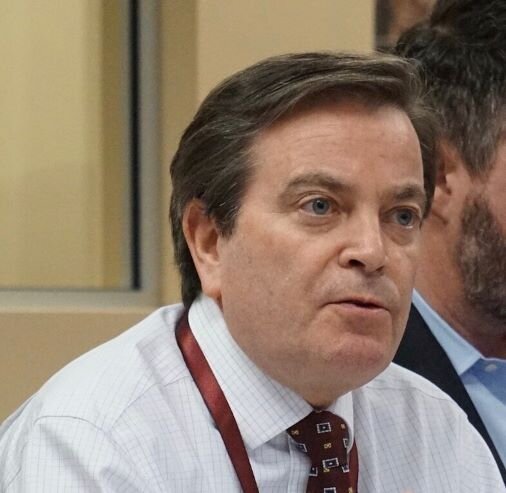RI House Finance: Big Bucks for DD, Human Services
/By Gina Macris
Last June, direct care workers serving adults with developmental disabilities in Rhode Island were making an average of about $13.18 an hour.
In July, 2021, their starting pay jumped to about $15.75 an hour. And beginning July 1, they will make about $18 an hour – a $2.25 increase - if the state budget passed by the House Finance Committee last week becomes law.
The latest proposed raise, costing about $35 million in state and federal Medicaid funding, has been driven by the state’s efforts to comply with federal court orders reinforcing a 2014 consent decree that requires a shift to community-based services as mandated by the Americans With Disabilities Act.
A central issue in the court case is an inability to attract enough workers to carry out the reforms. With the blame for the shortage on low wage scales, the state is under court order to raise the direct care rate to $20 by 2024.
In all, the House Finance Committee would allocate $390.3 million from the federal-state Medicaid program to the Division of Developmental Disabilities, about $59.4 million more than in the current budget. The total includes $35 million for the raises, another $10 million to help private service providers move toward community-based services, and roughly $30 million for the operation of a separate state-run group home system.
The privately-run system the state relies on to provide most services for adults with developmental disabilities has been underfunded for a decade, according to the state’s own consultants.
In a bid for new consulting work last fall, Health Management Associates said that in 2011, the General Assembly underfunded the recommendations of its Burns & Associates division by about 18 percent and didn’t catch up until the rate increases of 2021 – a decade later. That’s when direct care wages exceeded $15, a rate Burns & Associates had proposed for 2012.
Tina Spears, executive director of the Community Provider Network of Rhode Island, applauded the House leadership, including Speaker Joseph Shekarchi, Majority Leader Christopher Blazejewski, and House Finance Committee Chairman Marvin Abney for “putting working families first.”
This year’s spending plan also recognizes that the workforce shortage in developmental disabilities extends to all sectors of the human services.
The proposed budget would authorize the health insurance commissioner to oversee an outside review all private human service programs licensed or contracted to state agencies, with the aim of recommending fair market reimbursement rates.
Once the baseline is established, a rate review would occur every two years for privately-run programs used by BHDDH, the Department of Human Services, the Department of Children, Youth and Families, Department of Health, and Medicaid.
The baseline analysis of Medicaid reimbursement rates would enable Rhode Island to become more competitive in attracting caregivers and the periodic rate review would prevent the system from slipping below market rates in the future.
“I’m excited about that. We’re doing something we’ve never done before,” said Sen. Louis DiPalma, D-Middletown, of the proposed changes in the way the state would approachMedicaid reimbursement for private human services.
The comprehensive review and the biennial rate update may seem mundane to many people, but ”it’s a critical thing to vulnerable populations in the state,” DiPalma said.
He and Rep. Julie Casimiro, D-North Kingstown, sponsored companion stand-alone legislation calling for the two-step rate review process.
Spears, the CPNRI director, called the budget an “investment in Rhode Island’s most vulnerable populations.” It sends a “clear message that people of all abilities should be able to access the care they need to live full, inclusive lives in our communities,” she said in a statement.
The House Finance Committee shifted responsibility for the comprehensive rate study from the Executive Office of Human Services to the health insurance commissioner and eliminated a community advisory committee that some critics said might pose a conflict of interest.
The committee also extended the deadline for the initial review for several months, until October, 2023. The extension means that rate changes could not be enacted until mid-2024, instead of next year, as DiPalma and Casimiro had hoped.
In separate legislation, DiPalma and Casimiro had called for a companion baseline study and biennial rate reviews for all Medicaid-funded medical and clinical programs in the state, but these services were not included in the House Finance Committee’s budget. There were substantial one-time reimbursement rate increases for some medical services, like maternity labor and deliver and dental care.,
Other initiatives aimed at strengthening children’s services and mental health come from federal American Rescue Pan Act (ARPA) funding. They include:
• $30 million for community behavioral health clinics
• $12 million for a children’s residential psychiatric treatment center
• $8 million for a short-term stay unit at Butler Hospital, the state’s only private psychiatric hospital for adults
• $7.5 million to shore up pediatric primary care, which lost capacity during the COVID-19 pandemic
• $5.5 million to attract early intervention professionals and reduce waiting lists for therapy among infants and toddlers with developmental disabilities.
Developmental disabilities spending for adults, meanwhile, contains about $10 million in expenses to conform with an in “Action Plan” the state proposed last fall to avoid a hearing over contempt allegations over non-compliance with the consent decree.
Most of that money, $8 million in federal-state Medicaid money, would continue a “transition and transformation fund” to help private agencies and those who direct their own service program change over to individualized, community-based services. Two million of the $8 million would be reserved for the “self-directed” individuals and families.
Another $1 million would fund technology like cell phones and tablets for adults with developmental disabilities to give them access to the same tools that many people take for granted today. And $1 million would provide for state infrastructure to implement and manage compliance with recent consent decree initiatives.
The full House will consider the overall proposed state budget- $13.6 billion - on Thursday.




































